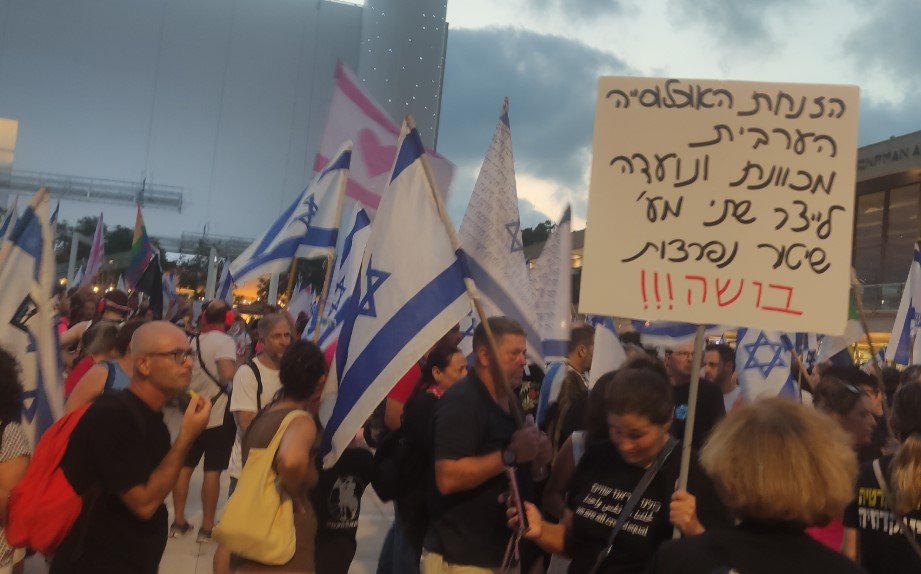Fifty-two Arab-Israelis have been killed in just three months — a staggering toll that exposes a growing crisis within Arab society. As local leaders step up with grassroots solutions, the demand for a nationwide, government-led response has never been louder.
Violence Escalates, Communities Reeling
The numbers are grim. Since January, 52 Arab citizens of Israel have lost their lives to violence. Many of them were young, full of promise, their futures stolen by bullets and blades. Most were in their 20s and 30s — an age when life should be beginning, not ending.
For Arab-Israeli communities, this isn’t a new tragedy. It’s an ongoing nightmare. Criminal organizations have tightened their grip, thriving in the void left by ineffective policing and systemic neglect. Families bury their children while their leaders plead for action.
“Every funeral feels like a personal failure,” one community leader said. “We’re fighting to keep our youth alive, but the state has to join this fight too.”

Local Leaders Take Charge — But Can They Hold the Line?
Amid the bloodshed, Arab leaders aren’t waiting for help. Across towns and cities, grassroots initiatives are emerging.
- “Sulha” committees — traditional mediation councils — are brokering peace between feuding families, preventing vendettas from spiraling into more killings.
- Civil society organizations are launching informal education programs to keep young people engaged and off the streets.
- Community resilience teams are forming to support families affected by violence and create safer environments.
These efforts are inspiring, but they’re not enough to stem the tide alone. Many fear that without real government intervention, these local heroes are fighting a losing battle.
Police and Government Face Mounting Criticism
The role of Israel’s police is under intense scrutiny. Arab communities have long accused law enforcement of doing too little, too late — or worse, turning a blind eye.
Recent high-profile murders have fueled public outrage. Investigations stall. Arrests are rare. Convictions are rarer. Trust in the system continues to erode.
A recent poll by the Abraham Initiatives, an Israeli nonprofit promoting Jewish-Arab equality, found that only 17% of Arab citizens trust the police to handle violent crime in their neighborhoods. It’s not hard to see why.
Government officials, meanwhile, offer condolences and promises. But words are no substitute for action. The question is: when will the action come?
What Would a Real Solution Look Like?
Experts and community leaders agree: tackling this crisis demands a multi-pronged, national effort.
Here’s what they’re calling for:
| Proposed Solution | Goal |
|---|---|
| Increased police presence | Restore safety, deter criminals |
| Intelligence-based policing | Target criminal networks |
| Investment in youth programs | Provide alternatives to crime |
| Economic development | Create jobs, reduce poverty |
| Legal reforms | Ensure quicker trials, tougher penalties |
It’s a tall order. But without bold, systemic change, the bloodshed is unlikely to stop.
Time for Courageous Leadership
Arab-Israeli citizens aren’t asking for miracles — just for their lives to matter as much as anyone else’s. The government can’t afford to let this crisis drift further. With 52 lives already lost in three months, the cost of inaction is unbearable.
